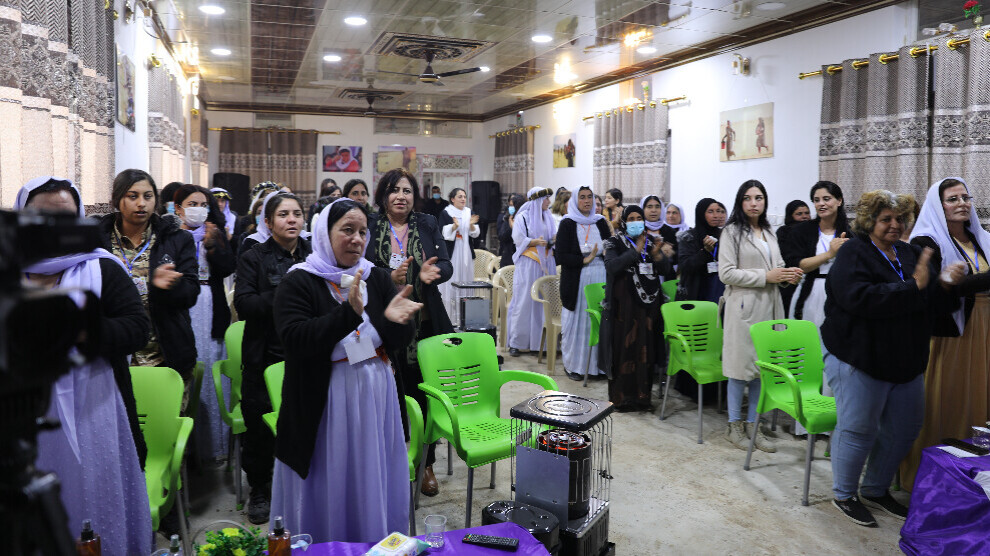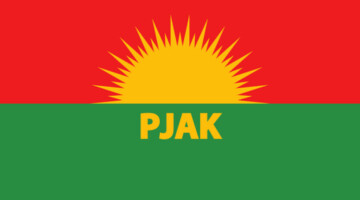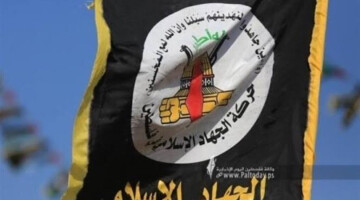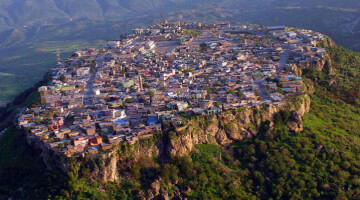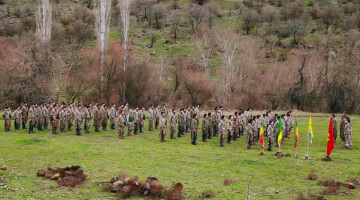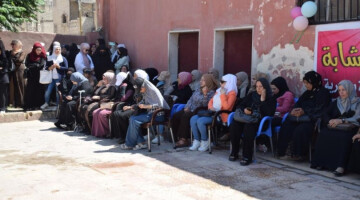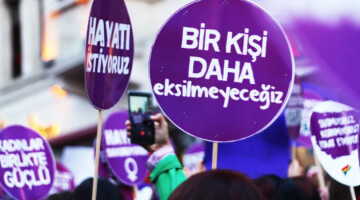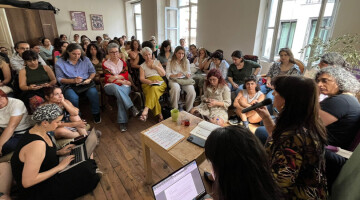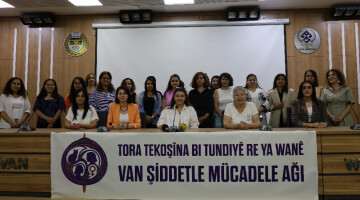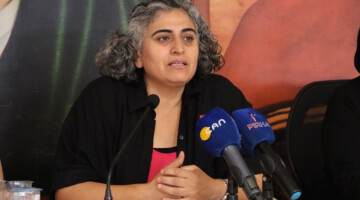The war codes of the twenty-first century were largely designed in the context of women and ecological genocide. The war, which began as the Third World War, was based in the Middle East and evolved into a struggle between hegemonic countries for control of the region. The region has been engulfed in genocide by gangs and forces armed with bigotry and radical Islam, such as Turkey. It has primarily subjected women to genocide and alienation. The genocide against women's culture and body was experienced in the person of Yazidi women. The sorrow inflicted on women throughout the age's genocidal slaughter was too terrible to be forgotten. Furthermore, the culture of resistance and battle, which drew women together with their origins, drove states, particularly ISIS and dozens of other gang groups, to the brink of extinction.
The fight of women, particularly Yazidi women, left its mark on the region. In this sense, it is not wrong to claim that women were both the losers and the winners of the war.
After experiencing its initial crackdown, ISIS launched its second move in Hesekê to announce its caliphate for the second time. It was, however, struck by the resistance shield of women and freedom warriors and could not avoid being crushed this time either.
During this period, which saw ISIS' second breakup, Yazidi Kurdish and Muslim Arab women met for the first time in a workshop on the "united struggle against femicide" in the Shengal territories, which contains the vestiges of several genocides. They discussed their problems with each other for the first time. They shared their experiences as women caught up in today's wars, their anxieties, the success of women reconnecting with their roots, and how the resistance produced results.
The workshop at Til Ezer, Shengal, gathered the empathy of Yazidi and Arab women. As they opened up to each other, they found that the anguish they were feeling was not so dissimilar. Women's worlds are similar; they are limited by borders and lack a common state. Their souls and experiences unite them in the same nation and faith; women's faith and the world's largest nation, which includes a world full of women...
For the first time, Yazidi and Arab women shared their concerns on a single forum. In this way, the workshop in Shengal has moral meaning for women. The fundamental reason was the judgment of Yazidi women who had lived through the genocide against Arab women, and Arab women's exclusion of themselves from what was going on in the region.
While the genocides had public repercussions such as "Stay at home, don't go out, don't talk to Arabs, let no one see or take you," in the case of Arab women, it was a reflection of social fragmentation on women. So much so that when you talk to a woman, she tells you all she's been through in a second. Arab women are always on the lookout for someone who will listen to and understand them.
Yazidi and Arab women live in the same country and are deeply alienated from one another. "The policy carried out in Iraq was a policy of separating us from each other," said activist Bidor Elcerah, who attended the workshop, and added “We women have gotten estranged from one another as a result of Iraq's and the rest of the world's poor policies. So much so that they not only stopped there but also turned us against each other. We are, however, women. Our experiences are very identical no matter where we are."
The following words from a Yazidi woman were also noteworthy:
"They saw us as sin in this world. We felt we were alone in the world of sin as we watched events unfold from our hiding place. We did not consider the suffering of other women as we experienced our own. The genocides that occurred in these regions primarily divided women from one another. Alienation and hostility towards one another is tantamount to genocide.
When freedom meets the essence of the land, resistance is both effective and rewarding. It is not easy to oppose and resist the distorted truth, nor to change and reform it. After becoming acquainted with the PKK philosophy, Yazidi women realized their change and transformation fast and efficiently. This shift was initially noticed within Shengal's borders.
After ISIS was defeated, Kurdish women shared what they had learnt with Arab women whose bodies and ideas were under siege. They wanted Arab women to be a part of this success. They did so owing to the mindset they had embraced. The decades-old walls have now been destroyed, and there is no longer a wall in between. It's time to reach out to one another. It's time to reconnect with the roots. The woman has only one identity, which is that she is a woman.
On the platform where Yazidi and Arab women met, they conveyed their issues and experiences in the simplest way possible, with the essence of women. The joy of gathering together has spread beyond the modest hall, reaching all of Shengal, and even all of Iraq. "If we have the same experiences, why not fight together? " they said.
The female spirit revealed at the workshop will unite all women in the areas of common struggle and keep us closer together. The emphasis that many tasks will be carried out collaboratively through solidarity groups is a crucial first step.

